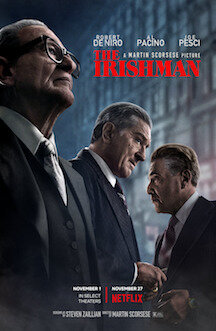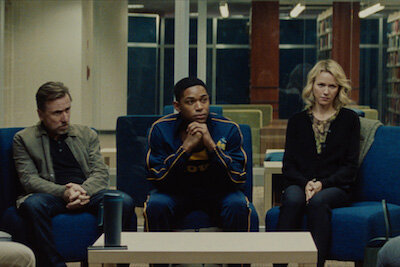Direction: Agnès Varda
Country: France
In addition to an insightful posthumous documentary, Varda by Agnès is a compelling self-portrait of a singular filmmaker, photographer, and visual artist.
Agnès Varda, who passed away last March at the age 90, explains her points of view to a small crowd in a theater, complementing the verbal elucidation of her artistic processes with still photographs, archival footage and film excerpts. With genuine charisma and clarity, she remarks the triptych principle that always followed her work: inspiration, creation, and sharing.
As an important figure of the French New Wave and a feminist visionary with progressive ideas, Varda makes a retrospective of her work, focusing on unforgettable fictional films such as Cléo From 5 to 7, Vagabond, Le Bonheur, and Jacquot de Nantes, as well as highly regarded documentaries like The Gleaners and I, The Beaches of Agnes (another mandatory autobiographical essay), and Faces Places, a recent activist endeavor made in collaboration with French photographer and street artist JR.
This is a dignified farewell to a compulsively creative artist with a keen eye to capture the things of our world and the brain to produce relevant art from many different sources. If you’re already a fan, you’ll have guaranteed good time; if not, this might impel you to start digging Varda’s world.




























































